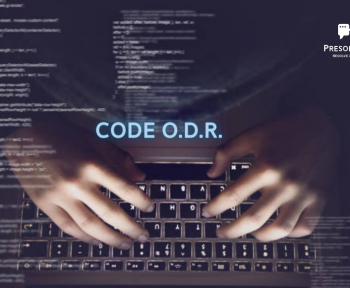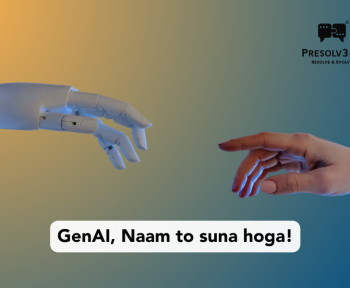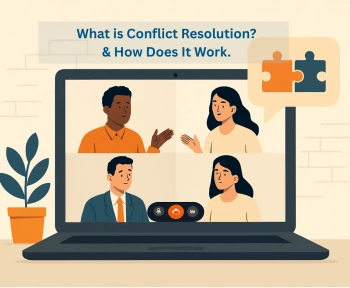When you think of iconic Bollywood storytelling, few films are as deeply etched in our collective memory as Kabhi Khushi Kabhie Gham (K3G). A sweeping family drama filled with emotions, misunderstandings, tearful reunions, and timeless songs, K3G is not just a film; it’s an experience. A 3-hour and 30-minute one, to be precise.
But what if you had to explain K3G to someone from Gen Z – someone who’s never watched it and only has a minute? How long would it take? Maybe two minutes tops?
“There’s a rich family. The eldest son, Rahul, marries someone his father doesn’t approve of and leaves. Years later, the younger brother, Rohan, reunites the family. Lots of drama, lots of love. In the end, they reconcile.”
That’s the crux. The essence. And yet, we watched every minute of the 3.5-hour film, willingly. Because we wanted the full experience. The drama, the glamour, the tears, the iconic lines. But imagine being told you must sit through the entire runtime, no matter what. Even if you already know how it ends. Suddenly, it stops being a choice. It becomes a compulsion.
And that’s where real life and reel life intersect, especially when it comes to resolving disputes.
Litigation, like a full-length feature, is often the default. It’s detailed, rigorous, and often gets into issues (like jurisdiction) that may not be central to the dispute, making the process longer than it needs to be in some cases. Just like how K3G gives you the full backstory of each character. There’s value in that. But not every conflict needs the whole film.
Sometimes, people just want a resolution. Swift, sincere, and straightforward. No interval, no dramatic pause. Just closure.
That’s where Online Dispute Resolution (ODR) makes an entry like a 2025 version of Rohan: still empathetic, still focused on family (or business, or community), but this time armed with digital tools and the power of choice.
ODR gives people back something we have slowly lost in our hyper-scheduled lives: time. In a world where we cancel an Uber if it’s “6 minutes away” and groan at a 10-second ad before a video, patience is in short supply. So why should we spend months or even years resolving disputes that could be settled in days?
With ODR, you decide how much time you want to spend on your dispute. You choose whether you want to be part of shaping the solution. You know exactly when you want to settle. You don’t relinquish control, you reclaim it. And no, it doesn’t take away from the seriousness of the issue. It just removes the long waiting game. Because not every conflict needs a courtroom. Just like not every story needs an intermission.
Picture this instead. Rohan doesn’t need to secretly fly to London, stage a surprise college reunion, or rely on emotional monologues. He simply arranges an online mediation session. Invites are sent to Rahul and Yash Raichand. A neutral mediator joins. Everyone gets their chance to speak. Emotions are shared. Misunderstandings are unpacked. No theatrics, just heartfelt conversation. And maybe, just maybe, healing begins in that 60-minute video call. Less drama? Sure. But more real? Absolutely.
Let’s be clear, litigation has its place. It protects rights. It sets legal precedent. It creates systemic clarity. It is necessary and valuable. But for everyday disputes like unpaid bills, service complaints, minor contract breaches, and family misunderstandings, do we need a full courtroom drama? Or will a focused, empathetic conversation suffice?
ODR isn’t here to replace the full movie. It’s here to offer the fast-forward button. The meaningful trailer. The recap. It’s for the disputes that don’t need all the theatrics. It gives people agency. It lets them decide when they want their “the end.”
ODR is about restoring power to the people. It says: “You don’t have to wait for your day in court, your day can be today.” “You don’t have to give up control; you can co-author the resolution.” “You don’t have to sit through an entire movie, unless you really want to.”
The choice is yours. And just like K3G, where love ultimately wins, ODR is built on the idea that resolution isn’t about defeating someone. It’s about understanding, empathy, and moving forward.
Cut to 2025: In a world where time is the most precious commodity, Online Dispute Resolution is a gift of time and autonomy. It’s not just efficient – it’s empathetic. It’s not just modern – it’s meaningful.
So the next time you find yourself in a conflict, ask yourself: “Do I want the full-length feature… or is it time for the short, powerful version that still delivers the happy ending?”
Either way, the story is yours to tell.




